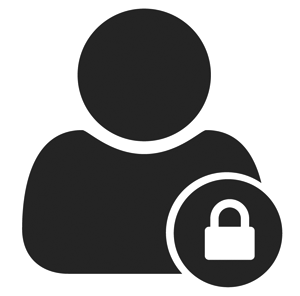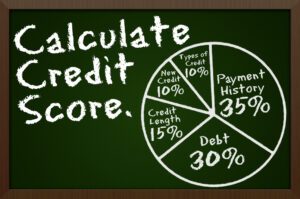 Did you know that it’s suggested to hang on to bank statements for seven years? To some this might seem like a long time, but to others, they might have bank statements pre-dating their children or even grandchildren.
Did you know that it’s suggested to hang on to bank statements for seven years? To some this might seem like a long time, but to others, they might have bank statements pre-dating their children or even grandchildren.
While keeping your personal documents filed away in a dusty file cabinet may seem like the responsible thing to do, that isn’t always the case. Disposal of these documents will not only free up space in your home, but also protect your identity in case they are ever misplaced or stolen.
To simply toss those documents in the trash bin is not a good idea; the best way to insure they are destroyed is to have them shredded. This will keep identity thieves at bay and give you peace of mind.
Developing habits to protect yourself from identity theft is essential in a world where there are people who want to steal it from you every day.
Shred statements and applications you get in the mail you don’t want to keep; this includes credit card applications, insurance forms, financial statements, health forms, and billing statements for utilities.
Cut up expired credit and debit cards, cut through the numbers.
Protect your Social Security number; all account numbers and your passwords. Do not carry these numbers in your purse or wallet. Make sure that if you do have to give out your Social Security number it is absolutely necessary.
Secure your personal documents at home in a locked file cabinet or drawer.
Minimize the personal information you print on checks. It is unnecessary to include your Social Security number, phone number, or driver’s license number.
Most people only think about keeping physical documents safe, but with the Internet today there are many ways that identity thieves can try to get your information. Make it a habit to delete unnecessary documents on your computer. This will free up space for new documents and keep you safe.
Passwords are needed for almost everything these days, and it is easy to get into a pattern of using the same one for every login. This is a bad idea, because if someone gets that one password, then they have access to countless online accounts you use every day. Change up your passwords for every login, whether it’s by using upper and lower case throughout, or adding a series of random numbers and letters. It’s okay to keep passwords written down somewhere, but make certain you keep it in a secure place you can find later and no one else can.
The online shopping marketplace is a prime location for hackers to lurk. If you are interested in making a purchase online, be sure you are using a credible and legitimate website.
If you decide to move forward with an online purchase there are a couple of things you should check first. Better Business Bureau offers ratings and reviews for businesses both locally and online. Simply search for the business on bbb.org and you’ll learn about that company’s customer satisfaction history.
A feature that credible e-commerce websites offer is a padlock icon in the web address field in your browser, this is telling you the website is secure and won’t leak your information to anyone, it will be displayed once you’re in a checkout screen and inputting your credit card information.
These tips should be a great start to keep your identity protected. There are always new scams and people trying to take it from you, so it is important to remember some basic practices to defend yourself.
For more information about BBB,
please contact: Ryan Foster
520-247-0673 rfoster@tucson.bbb.org















More Stories
PIMA COUNTY HOSTS FEMA HIGH-CAPACITY COVID TESTING CENTER AT PCC WEST CAMPUS
Editor letter
This past month of April, The U.S. Census Bureau released congressional apportionment and population counts for every state.
Tucson City court closed this Friday and, on the holidays
Pima County opens another round of PPE Business Assistance
Sunnyside Foundation provides resources to enhance and accelerate the educational